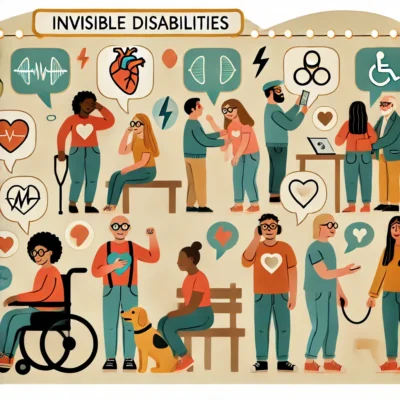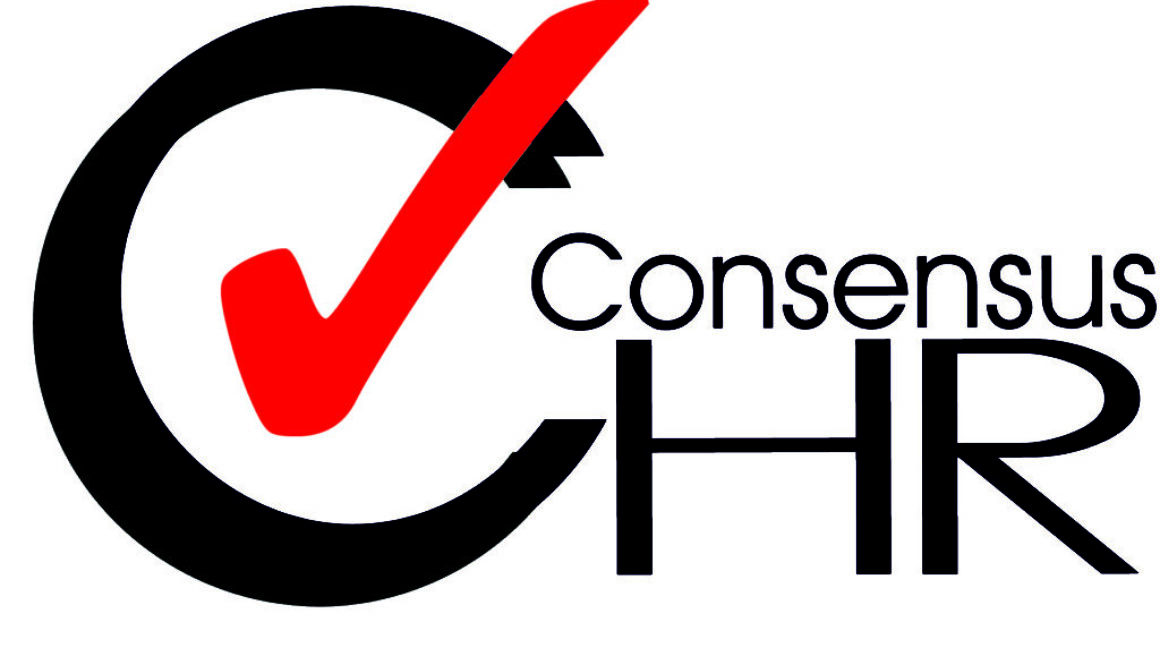UK Budget Forecast 2024 | Consensus HR in Herts & Beds
Anticipated Changes for HR and Business:
Today, the UK Chancellor is expected to unveil the highly anticipated Budget for 2024, and many eyes are on how these financial changes will impact businesses and HR practices across the country. Though the full details will become clear only once the Budget is officially presented, early indicators suggest several areas that may affect HR and employment policies. Here’s what we’re monitoring based on the latest insights:
National Minimum Wage and National Living Wage Adjustments:
One of the key points of interest is whether there will be further increases to the National Minimum Wage and National Living Wage, which directly impacts payroll budgets for many businesses. With recent wage rises to address inflation and living costs, another adjustment could mean a review of pay structures for businesses in various sectors.
Employee Tax and NI Changes:
Modifications in employee tax and National Insurance thresholds or rates are potential topics in the budget. Any such changes could affect take-home pay for employees and potentially necessitate payroll adjustments to comply with new rates.
Energy and Environmental Policies Impacting Businesses:
In light of sustainability goals, the Chancellor may introduce incentives or support for green initiatives. For employers, this could mean opportunities to encourage or even mandate eco-friendly practices in the workplace, aligning with national targets.
Further Funding for Training and Development:
There is speculation around additional funding for skills development programs aimed at addressing skill shortages in the workforce. This could provide businesses with new avenues for employee training, which would benefit sectors in need of specific expertise.
As soon as the Budget is released, our team will review the outcomes and provide a detailed breakdown of any significant changes affecting HR practices, from payroll adjustments to training opportunities. For our clients and businesses considering HR support, we will ensure you stay fully informed and compliant.
To view more about our range of HR & Employment Law Services
Are you concerned about keeping your business up to date with Employment Law changes?
Your Outsourced Human Resources (HR) Department.
For further information on any of the HR subjects we provide, please click the heading below:





































